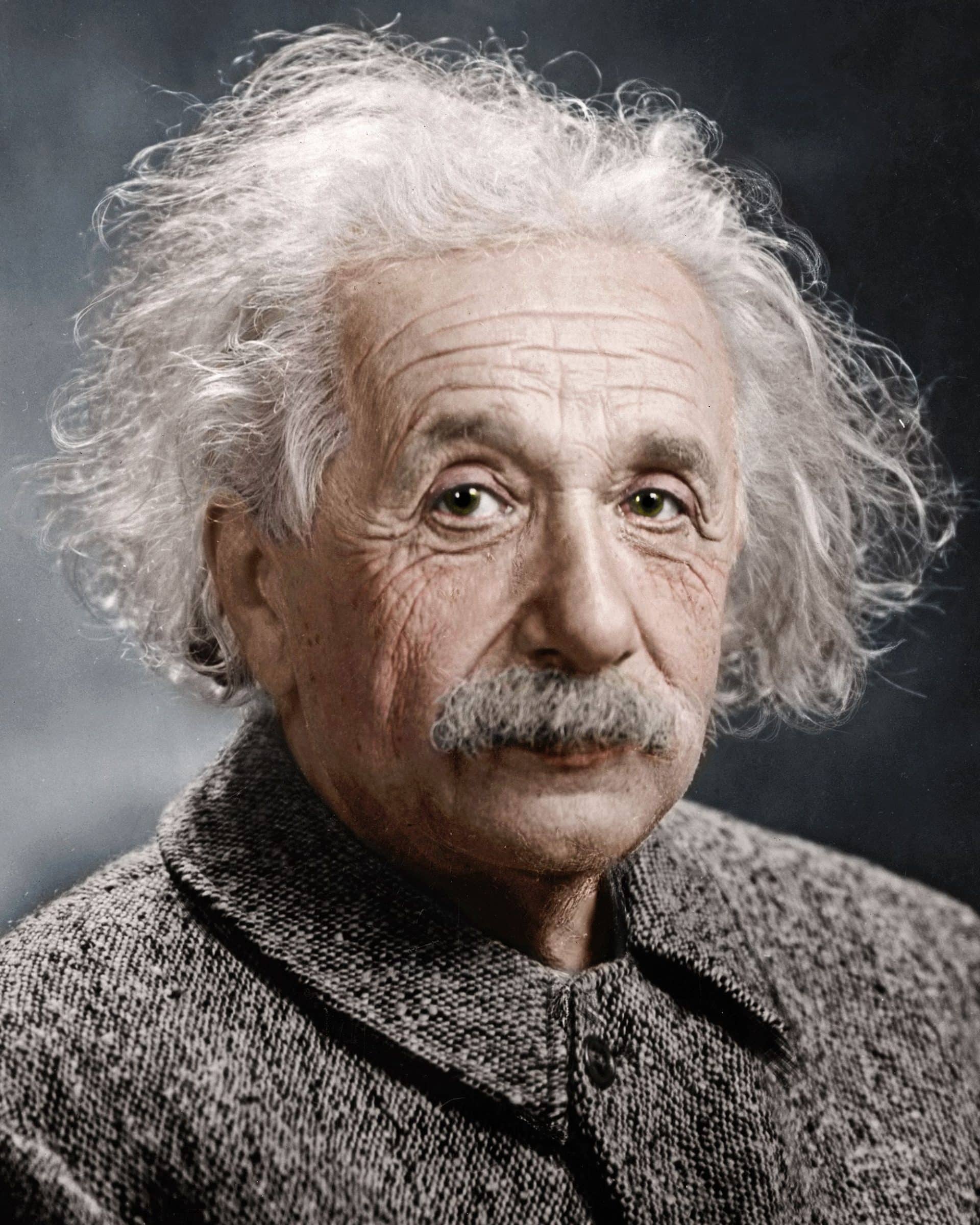In the vast expanse of scientific inquiry, few figures cast as long a shadow as Albert Einstein, a luminary whose contributions to our understanding of the cosmos continue to resonate through the corridors of time. Born on March 14, 1879, in Ulm, Germany, Einstein’s journey through the cosmos of knowledge was marked by curiosity, ingenuity, and an insatiable thirst for understanding.
From his early years, Einstein displayed a precocious intellect and a propensity for questioning the nature of reality. His path to enlightenment was paved with academic excellence, leading him to the hallowed halls of Zurich’s Polytechnic School and later to the University of Zurich, where he embarked on his journey into the mysteries of the universe.
Einstein’s ascent to scientific eminence was propelled by a series of groundbreaking discoveries that reshaped our understanding of the fundamental forces of nature. Among his most renowned contributions was the development of the Special Theory of Relativity—a revolutionary framework that redefined our conception of space, time, and the relationship between matter and energy.
At the heart of Einstein’s theory lay the principle of relativity, which posited that the laws of physics are the same for all observers, regardless of their relative motion. This profound insight led to the iconic equation E=mc², which revealed the equivalence of mass and energy and laid the groundwork for the development of nuclear energy and the atomic bomb.
Einstein’s genius extended far beyond the realm of theoretical physics, encompassing a diverse array of disciplines and inquiries. His contributions to quantum theory, Brownian motion, and the photoelectric effect earned him widespread acclaim and solidified his status as one of the preeminent scientific minds of the 20th century.
Moreover, Einstein’s impact transcended the confines of academia, permeating every facet of human existence. His advocacy for pacifism, civil rights, and social justice echoed his profound commitment to the betterment of humanity—a legacy that endures to this day.
Yet perhaps Einstein’s greatest legacy lies in his ability to inspire wonder and curiosity in the hearts and minds of generations to come. His profound insights into the nature of the cosmos and the workings of the universe continue to captivate and inspire scientists, thinkers, and dreamers alike, serving as a beacon of hope and enlightenment in an ever-changing world.
As we reflect upon the enduring legacy of Albert Einstein, let us remember not only the brilliance of his mind but also the compassion of his spirit—a testament to the enduring power of human intellect and the boundless potential of the human spirit.
